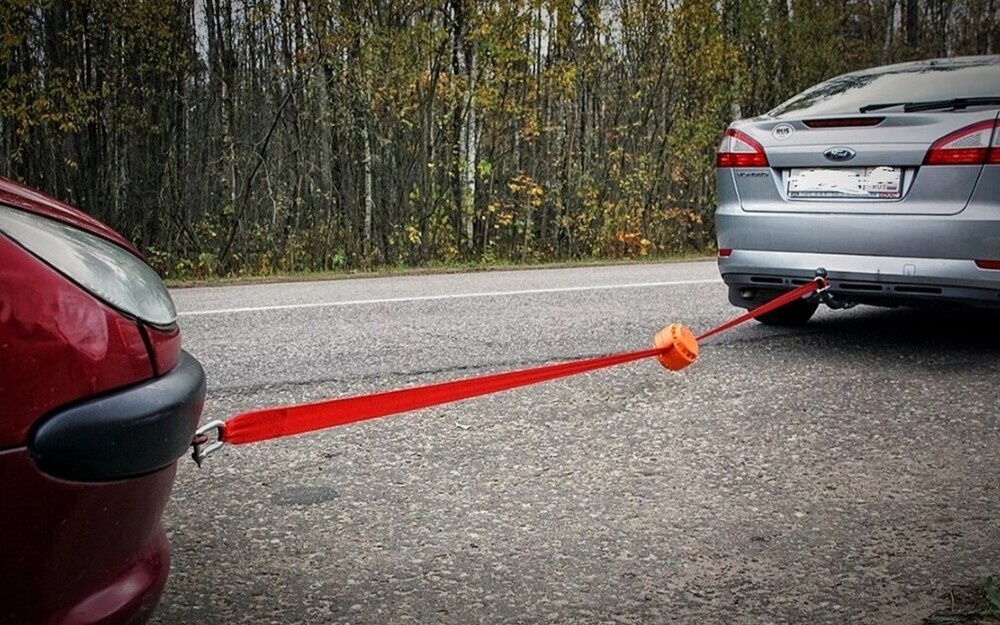What Happens When Your Car Gets Towed in California?
Living in the bustling state of California comes with its own set of challenges, and one of the unexpected ones can be finding your car towed. Whether it's due to parking violations, accidents, or other reasons, understanding the towing process in California is crucial for any vehicle owner. We'll delve into the reasons behind car towing, the legal aspects, and the steps you can take to retrieve your vehicle.
Reasons for Towing:
-
Parking Violations
One of the most common reasons for cars being towed in California is parking violations. Whether you've parked in a designated tow-away zone, overstayed your welcome in a time-limited parking space, or parked in front of a fire hydrant, your vehicle is at risk of being towed. Local authorities and private Condo Towing in Santa Clara companies are authorized to tow vehicles violating parking regulations to ensure the smooth flow of traffic and public safety.
-
Abandoned Vehicles
Abandoning your vehicle on public or private property is a serious offense. In California, local authorities and property owners have the right to tow vehicles left unattended for an extended period. Abandoned vehicles not only create an eyesore but can also pose safety hazards and impede regular activities in the area.
-
Accidents or Breakdowns
If your vehicle is involved in an accident or breaks down on a public road, it may need to be towed for safety reasons. The California Highway Patrol (CHP) or local law enforcement may order the towing of damaged or disabled vehicles to clear the roadway promptly and prevent further accidents.
Legal Implications of Towing:
-
Notification Requirements
California law mandates that towing companies must notify the local police department within 30 minutes of towing a vehicle. The notification includes details such as the vehicle's make, model, color, and license plate number. This notification is crucial for law enforcement to maintain an accurate record of towed vehicles.
-
Storage Fees and Liens
Once your car is towed, it will be taken to an impound lot. Towing companies charge fees for towing and storage, and these fees can accumulate quickly. If you fail to pay these fees within a specific timeframe, the towing company may place a lien on your vehicle. This means they have a legal right to sell your car to recover the unpaid fees.
-
Retrieval Procedures
To retrieve your towed vehicle, you'll need to visit the impound lot with certain documents, including your driver's license, proof of ownership (vehicle registration), and proof of insurance. Be prepared to pay all outstanding fees, which may include towing charges, storage fees, and any administrative fees imposed by the towing company.
Steps to Take When Your Car Gets Towed:
-
Identify the Towing Location
If you return to your parking spot only to find it empty, the first step is to determine where your car has been towed. Typically, you will find a towing notice on the spot where your vehicle was parked, providing information about the towing company and impound lot.
-
Contact the Towing Company
Once you identify the towing company, give them a call to inquire about the location of your towed vehicle and the associated fees. Confirm the necessary documents you'll need to retrieve your car and ask about accepted payment methods.
-
Gather Required Documents
Before heading to the impound lot, ensure you have all the necessary documents. This includes your driver's license, vehicle registration, proof of insurance, and any paperwork provided by the towing company or law enforcement.
-
Visit the Impound Lot
Plan a visit to the impound lot promptly. Be prepared to pay all outstanding fees to release your vehicle. Some impound lots may have specific hours of operation, so check in advance to avoid any inconvenience.
-
Verify Your Vehicle's Condition
Before driving away, inspect your vehicle carefully. Take note of any damages that may have occurred during the towing process. If you notice any new issues, inform the towing company immediately and document the damages with photos if possible.
Preventing Towing Incidents:
-
Stay Informed about Parking Regulations
To reduce the risk of your car being towed, stay informed about local parking regulations. Be aware of street cleaning schedules, time-limited parking zones, and designated tow-away zones. Many cities offer online resources or apps that provide real-time information about parking restrictions.
-
Keep Your Vehicle Well-Maintained
Regular maintenance decreases the likelihood of your vehicle breaking down unexpectedly. Check your vehicle's condition regularly, addressing any issues promptly to avoid accidents or breakdowns on the road.
-
Park Legally and Responsibly
Adhering to parking regulations is the most effective way to prevent your car from being towed. Always park in designated areas, obey time limits, and avoid parking in front of fire hydrants or other restricted zones.
Conclusion:
While having your car towed in California can be a stressful experience, understanding the reasons behind Condo Towing Services, the legal implications, and the necessary steps to retrieve your vehicle can ease the process. Stay informed about parking regulations, keep your vehicle in good condition, and park responsibly to minimize the chances of encountering a towing situation. If your car does get towed, act promptly, gather the required documents, and follow the established procedures to reclaim your vehicle and get back on the road hassle-free.


No comments yet